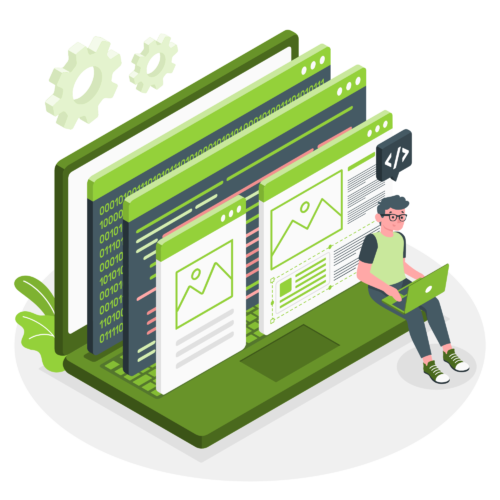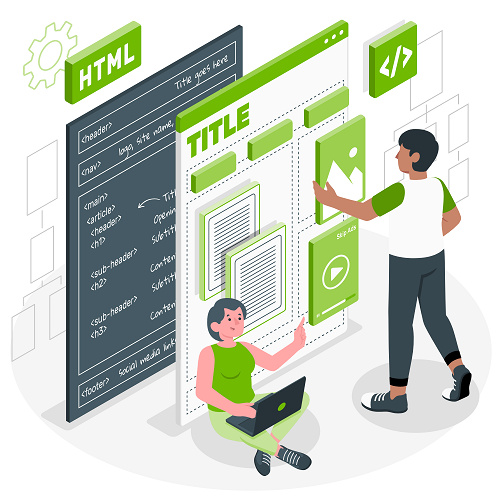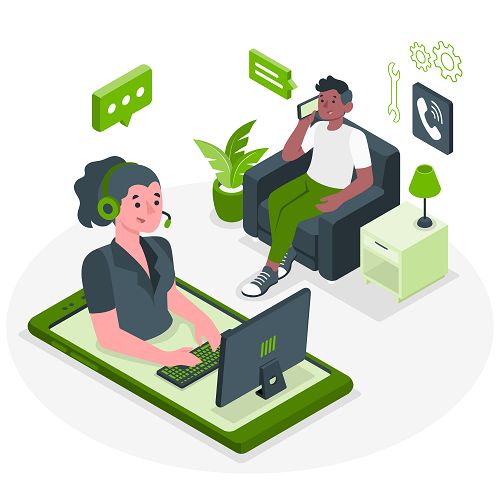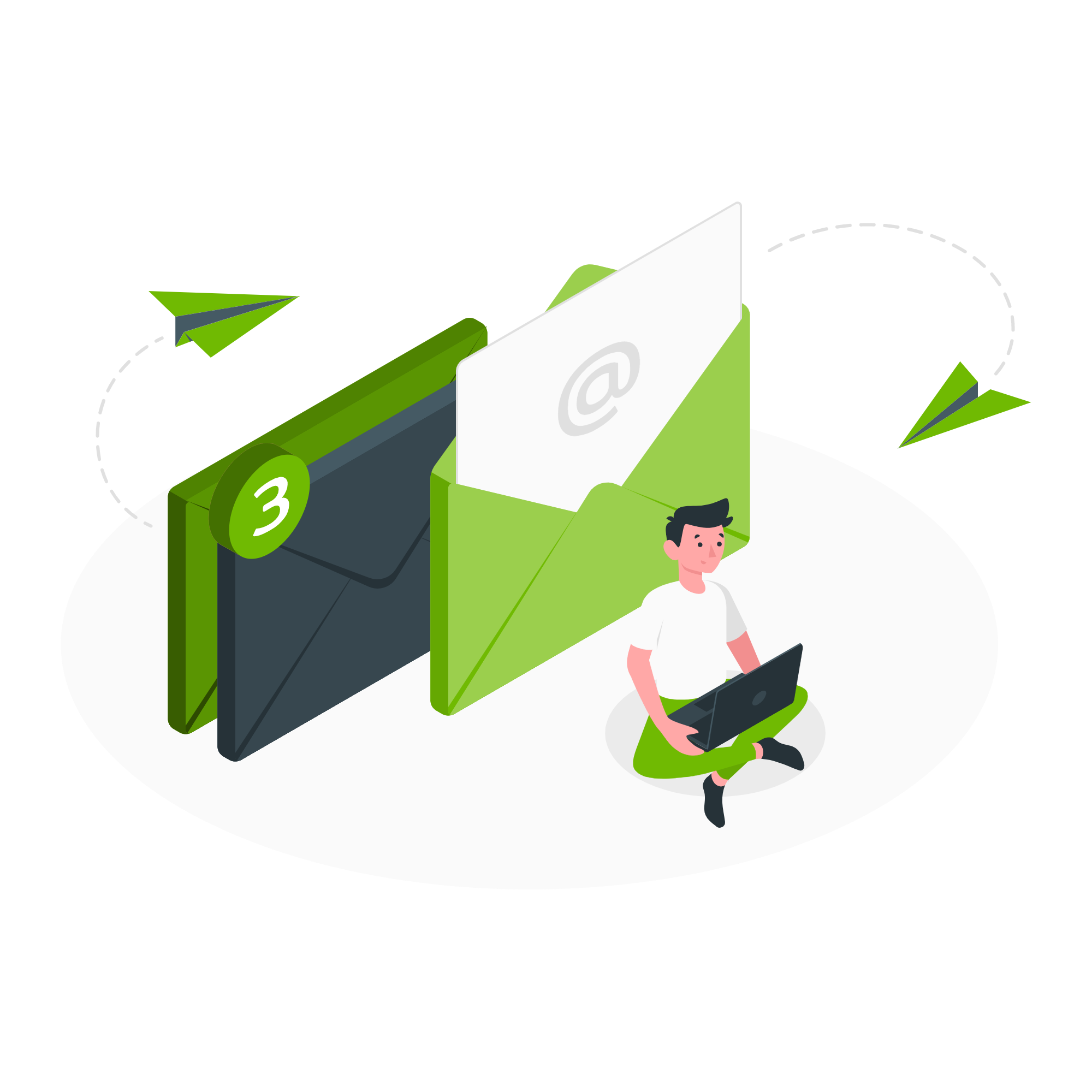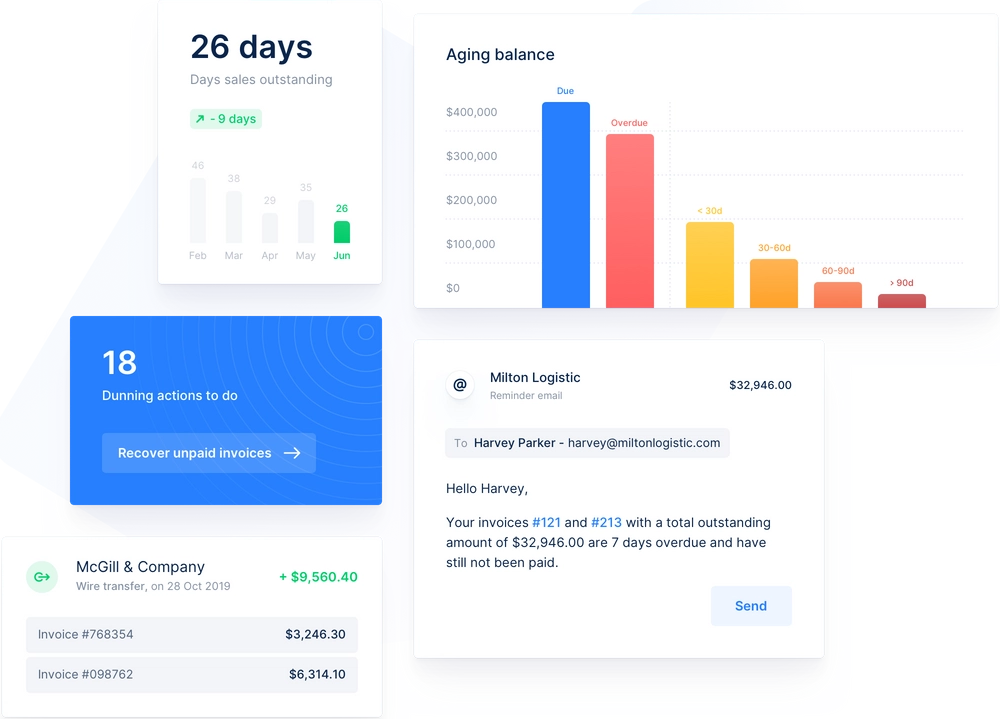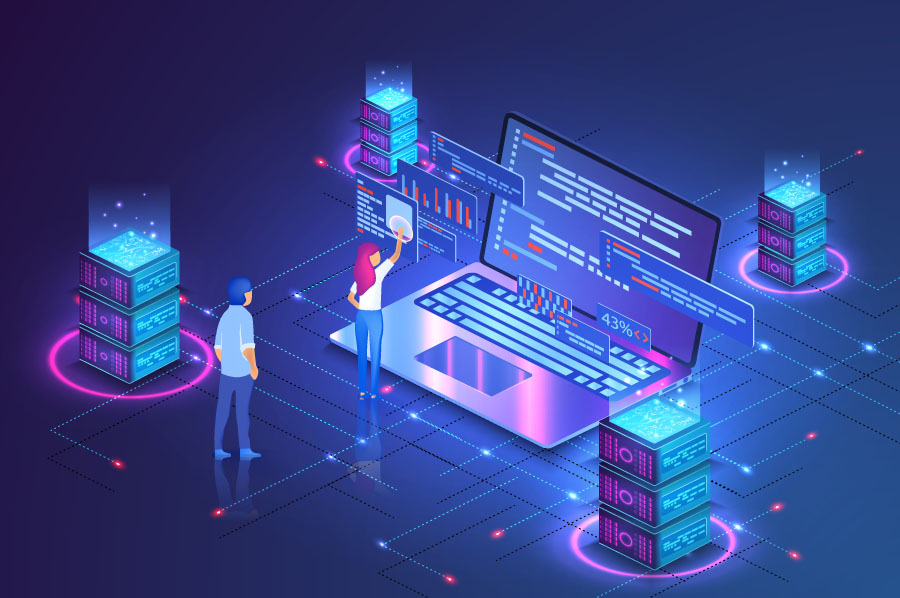Digital Marketing & Communication
Digital Marketing is one type of marketing technique which is implemented by using technologies like computers, internet, social media etc... to promote any brand, company, products or services.
Services Included
- Profiles and Fan page creation and management in the top social networking sites like Facebook, Twitter, Google+, Linkedin and more
- Integration of social media profiles into your website for getting more followers
- Increasing the followers throught organically for better exposure in social media
- Customizing your social media profiles that should include your business name
- Engaging followers of your brand with images, videos, quotes and special offers
- Updating all social profiles regularly for gaining the followers attetion
- Getting the traffic from the social media by targeting right audience
- Creation and promotion of videos that reflects your brand to get better search engine rankings as well as increasing traffic to your site
